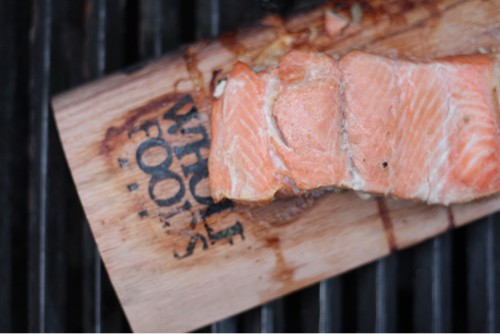Allergies in General
- Distinguished by reactions to normally harmless substances.
- Caused by a substance called an allergen.
- Common allergens include dust, pollen, mold, certain foods, some medicines, and insect poisons.
- Most allergens cause no reaction in non-allergenic people.
- People with allergies may experience sneezing, coughing, itching, difficulty breathing, or rash.
- Tends to be an inherited characteristic.
- In most cases, allergy symptoms are short-lived and only cause mild, moderate problems.
- Usually requires that people avoid the allergen, and taking medication to relieve symptoms.
Allergic Rhinitis (Hay Fever)
Rhinitis is inflammation of the mucous membrane of the nose, marked by a runny nose and stuffiness. It’s usually caused by the common cold or an allergy.
- Rhinitis is a general term used to describe symptoms of nasal congestion, sneezing and a runny nose.
- It can be a seasonal or a year-round problem.
- Seasonal allergic rhinitis, also known as hay fever, is caused by an allergy to pollens, grasses or weeds.
- Common symptoms include nasal congestion, watery-itchy eyes, itchy nose, itchy throat, sneezing and headache.
- These symptoms are very similar to those of a cold. The difference is that colds are not as common in the summer months and last for about a week. Whereas Allergy symptoms can last for weeks to months and often begin when plants start to pollinate.
- Includes allergies to house dust, animal dander, certain foods and medication.
- Symptoms are similar to those of seasonal allergies.
- People with asthma have a higher incidence of having allergies.
Food allergies
- Most common in children, who usually outgrow the allergy.
- The most common food allergies are milk, wheat, soy, egg, peanuts and fish.
- Foods that contain the specific allergen should be avoided.
- Check food labels carefully and advise teachers, supervisors and others of any known food allergies.

Insect allergies
- Many people are allergic to stinging insects such as wasps, bees, hornets and yellow jackets.
- Usual reaction may involve redness, swelling, pain and itching.
- May also involve nausea, dizziness, stomach cramps, diarrhea, shortness of breath and wheezing.
- In some cases, a sharp fall in blood pressure may result in shock or loss of consciousness. This is also known as anaphylaxis.
Treating allergies
- The best treatment for allergies is to avoid the allergen.
- Avoid seasonal allergies by keeping doors and windows shut during summer months.
- Avoid year-round allergens by keeping the home dust free by cleaning regularly, clean heating ducts, fan filters and air ducts.
- Decrease exposure to dust mites by enclosing pillows and mattresses in allergy proof bedding, hardwood floors or tiles are better than carpets.
- Avoid food allergens by checking the labels of food products. Ask for the ingredients in dishes at restaurants.
- Avoid insect stings by keeping foods covered and trash tightly closed thereby decreasing the attraction by smell. Avoid the use of colognes, perfumes, scented hair spray or lotions.
- Talk to your physician or pharmacist about an EpiPen device. If you require one, carry it with you at all times.
Notes
This information should not be considered as medical advice. It is not to be used in place of a visit with a doctor, pharmacist or other healthcare professional. If you have questions about your individual medical situation please consult directly with a healthcare professional.